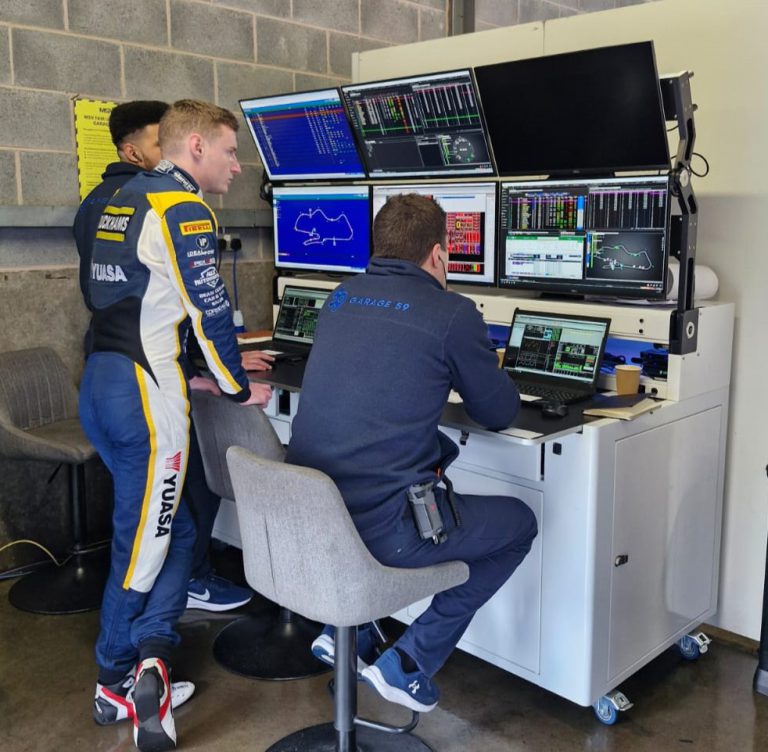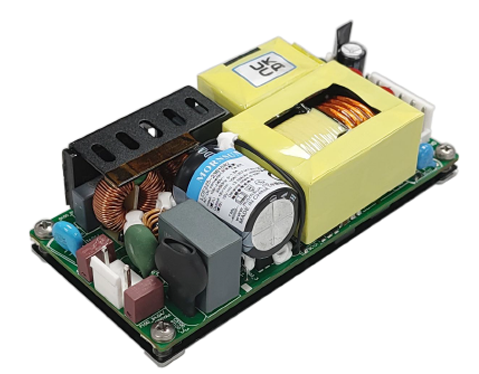Choosing the Right Power Supply Unit for Diagnostic Equipment
Diagnostic equipment is crucial in various industries, from automotive repair shops to medical laboratories. Whether diagnosing car engine issues or conducting medical tests, having a reliable power supply unit (PSU) is essential for ensuring accurate and uninterrupted operation. In this guide, we’ll explore the key factors to consider when choosing a PSU for diagnostic equipment, helping you make an informed decision that meets your needs.
Precision is paramount in the dynamic Motorsport industry, where every millisecond counts. Behind the scenes, the efficiency and reliability of racing diagnostic equipment hinge on one crucial component: dependable power supply units (PSUs).
Ensuring Accurate Diagnosis
From engine diagnostics to performance optimisation, Motorsport diagnostic equipment plays a pivotal role in maintaining peak performance. These sophisticated tools rely on PSUs’ stable and consistent power sources to deliver precise and actionable insights. Whether analysing engine data or monitoring vital performance metrics, the reliability of PSUs ensures that diagnostic processes remain uninterrupted, allowing teams to make informed decisions and fine-tune their racing strategy.

Enabling Real-Time Monitoring
Real-time monitoring is essential for identifying issues and making rapid adjustments during races. Racing diagnostic equipment enables teams to monitor parameters such as engine temperature, fuel pressure, and tyre wear in real-time.
The reliability of PSUs ensures that diagnostic systems remain operational throughout the race, providing teams with actionable data to optimise performance and maintain a competitive edge on the track.
Understanding Your Diagnostic Equipment’s Power Requirements
Before diving into PSU options, it’s essential to understand the power requirements of your diagnostic equipment. Start by examining the manufacturer’s specifications to determine the voltage, current, and power rating needed to operate the equipment safely and efficiently. Additionally, consider any specific features or compatibility requirements that may influence your PSU selection process.
Reliability and Stability:
Reliability is paramount when it comes to diagnostic equipment. A stable power supply is essential for ensuring consistent performance and accurate results. Look for PSUs with low ripple and noise levels to minimise interference and voltage fluctuations affecting your equipment’s operation. Additionally, choose a PSU with built-in protection features such as overvoltage, overcurrent, and short-circuit protection to safeguard the equipment and the user.
Compatibility and Flexibility:
Diagnostic equipment comes in various shapes and sizes, each with unique power requirements. Choose a PSU compatible with a wide range of equipment types and configurations to ensure versatility and flexibility in your diagnostic setup like our 36LOF225-23BxxR2 Series.

The 36LOF225-23BxxR2 Serries stands out with its high efficiency and Active Power Factor Correction (PFC), ensuring optimal energy use. It’s designed for safety and reliability, featuring a high I/O isolation test voltage up to 4000Vac and comprehensive protections against over-current, over-voltage, short-circuit, and over-temperature.
It complies with a wide range of safety standards including IEC/EN/UL/BS EN 62368, GB 4943, IEC/EN60335, IEC/EN 61558, IEC/EN/ES 60601, and IEC 60950, making it versatile for various diagnostic equipment applications.
Also consider factors such as output voltage and current adjustment options, multiple output channels, and interchangeable connectors to accommodate different equipment models and configurations.
Cost-Effectiveness and Long-Term Value
The best power supply unit (PSU) for diagnostic equipment typically depends on specific requirements like power output, efficiency, reliability, and the need for clean, stable power. High-efficiency units with low electrical noise, capable of providing stable voltage across various loads, are ideal.
While it’s tempting to opt for the cheapest PSU available, it’s essential to consider your investment’s long-term value and reliability. Choose a PSU that balances cost-effectiveness and performance, considering factors such as build quality, warranty coverage, and brand reputation. Investing in a high-quality PSU may cost more upfront but can save you money in the long run by reducing downtime, maintenance costs, and the risk of equipment damage.
At Ideal Power, we specialise in tailoring power supply solutions to fit your project needs. We can offer customisable options, ensuring compatibility, stability, and reliability for consistent performance.
Contact us today to see how we can deliver personalised solutions that prioritise efficiency and precision, saving you time and resources in the long run.
